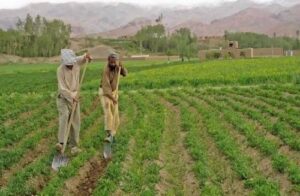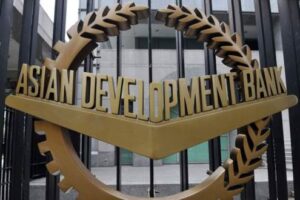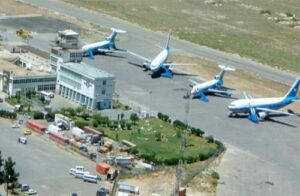
KABUL (SW) – Afghanistan is losing a significant amount of fiscal revenues it could have collected from mining.
This report’s estimates suggest that in 2017 the government could have collected over $123 million from minerals in royalties and export duties alone
The report said Afghanistan’s current fiscal revenues from mineral resources are small. In recent years, they accounted for less than 2 per cent of total government revenues – around $42 million annually. This is partly because the large-scale projects have yet to take off while most other mining is informal and/or illegal and outside the fiscal regime.
According to it, the control of minerals extraction by insurgent groups has also meant that they have been financing and fueling conflict, while undermining the legitimacy of the State and further spreading corruption and violence. The group with the most extensive reach is the Taliban, but since 2015, other groups under the name of Islamic State of Khorasan (IS-K) have joined the competition for minerals. For the Taliban, the extractive industry is the second-largest revenue stream after narcotics. It collects taxes and ‘protection money’ from miners.
It said more recently, the IS-K started tapping the mining sector when financial support waned from the central ISIS. In the talc-rich Nangarhar province, not far from Kabul, there is active contestation between the Government, the Taliban and the IS-K for control over talc mining areas. For a mining company, the benefits of paying taxes to the government are limited, while the risks of not paying taxes to insurgents are enormous. IS-K in particular is known for brutal sanctions for non-compliance. In addition to these groups, local militias, warlords, and occasionally security forces, are also levying taxes on minerals or are involved in illegal mineral extraction – directly or through associates and family members.
A large proportion of mining activity in Afghanistan is illegal Much of the mining in Afghanistan is artisanal, or informal and has not come under state laws and regulations. Then there are small and medium-scale enterprises in insurgent controlled areas who do not have government contracts, it said.
It added there are also data discrepancies, for instance, in the records of trade minerals from Afghanistan to Pakistan as recorded by both governments, which indicate considerable amount of smuggling, even of bulk minerals which are harder to conceal. Much of the minerals output is smuggled out of the country. Smuggling is relatively easy for high-value-per-weight minerals such as gold, and precious and semiprecious stones – referred to as ‘lootable’ minerals – which are simple to hide and are often produced in remote areas.
However in areas controlled by insurgents, lucrative large-scale mining sites operate on an industrial scale then openly transport bulk minerals on large trucks along major roads and across the border to Pakistan
ENDS





